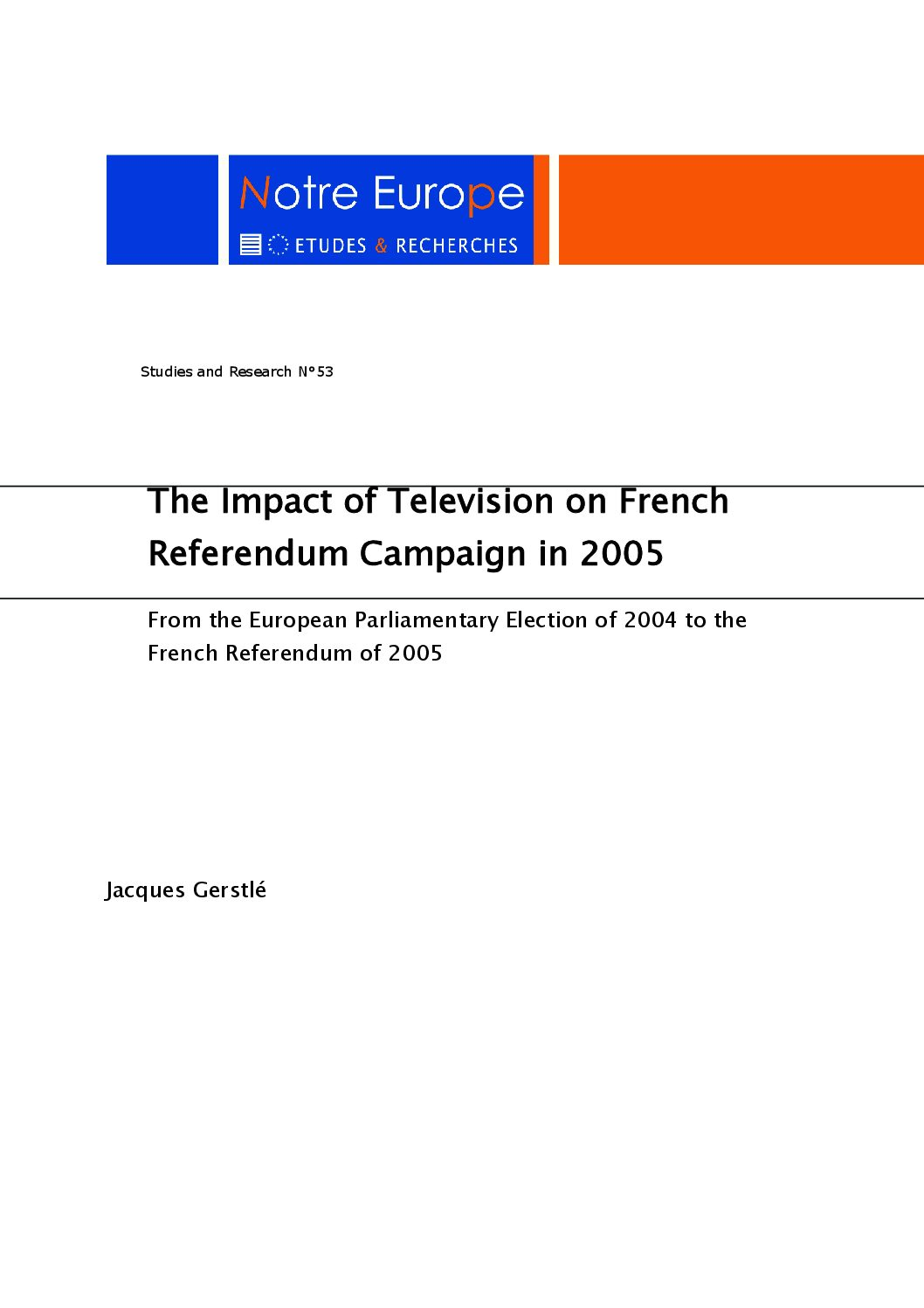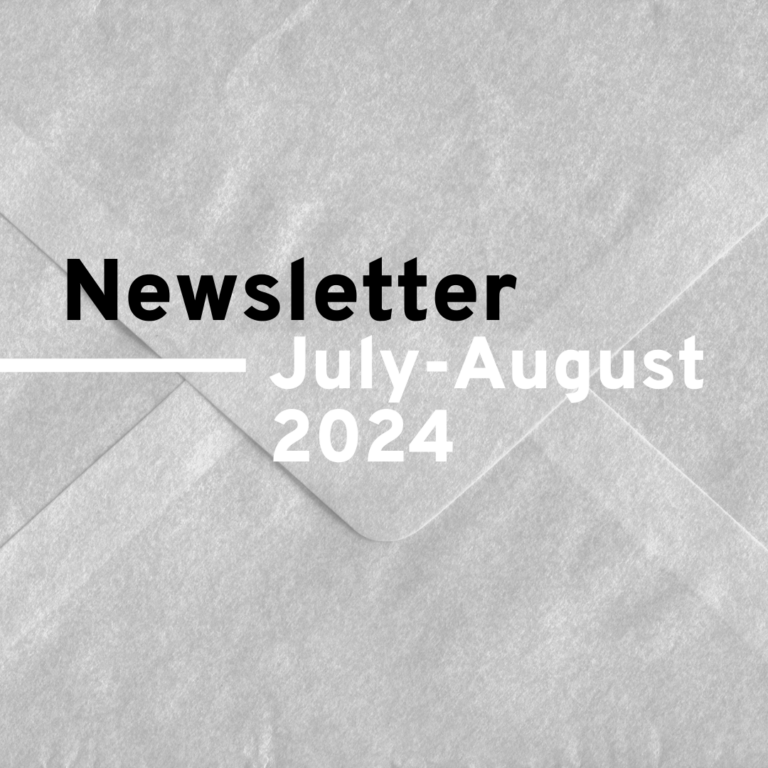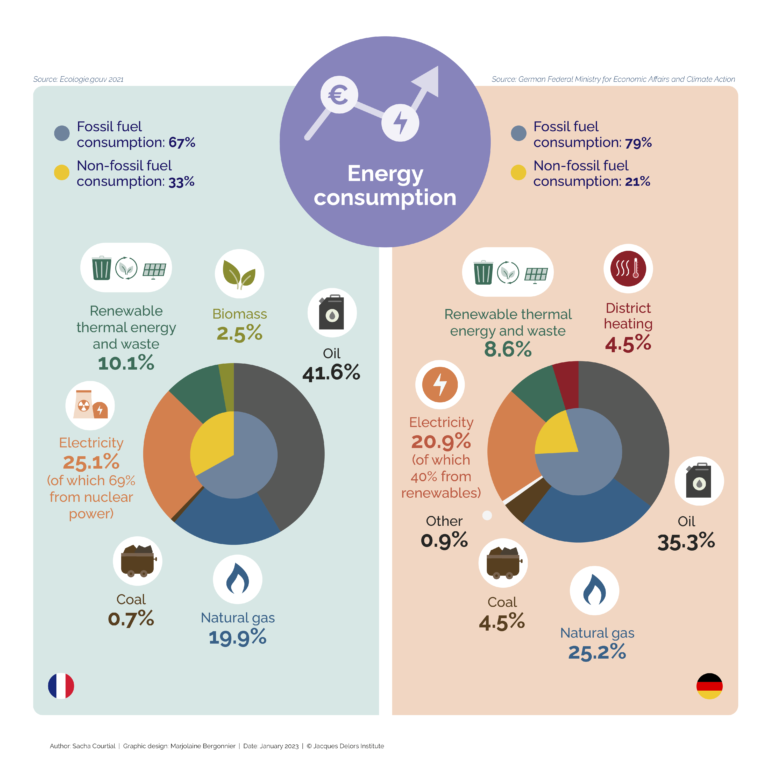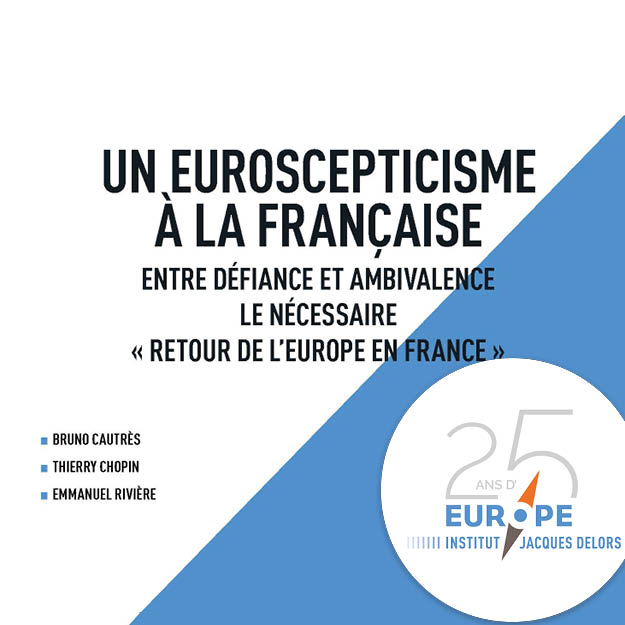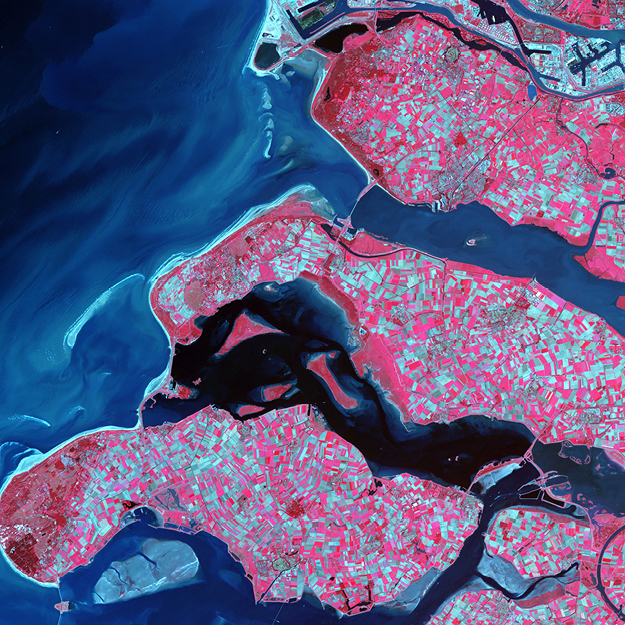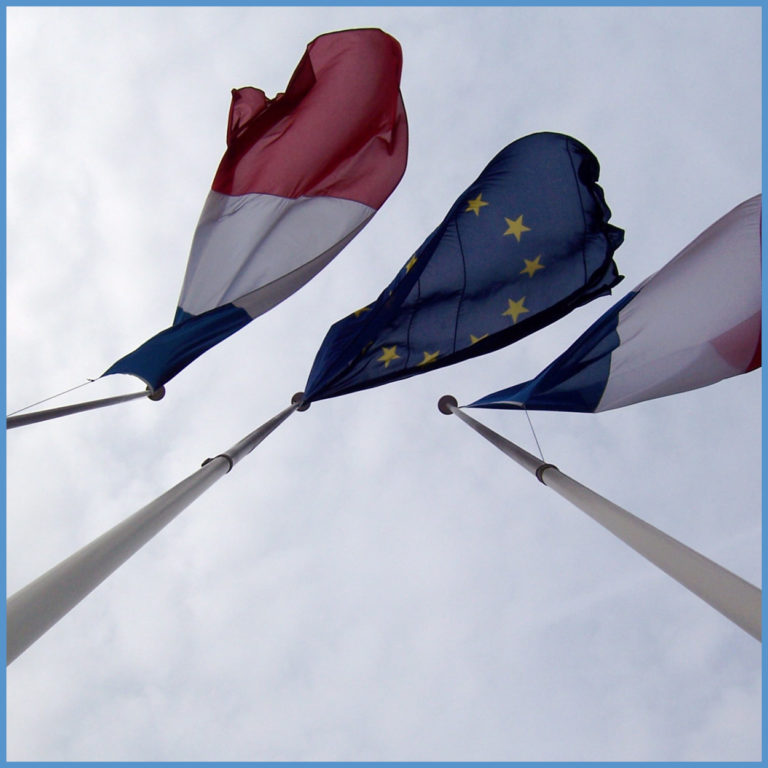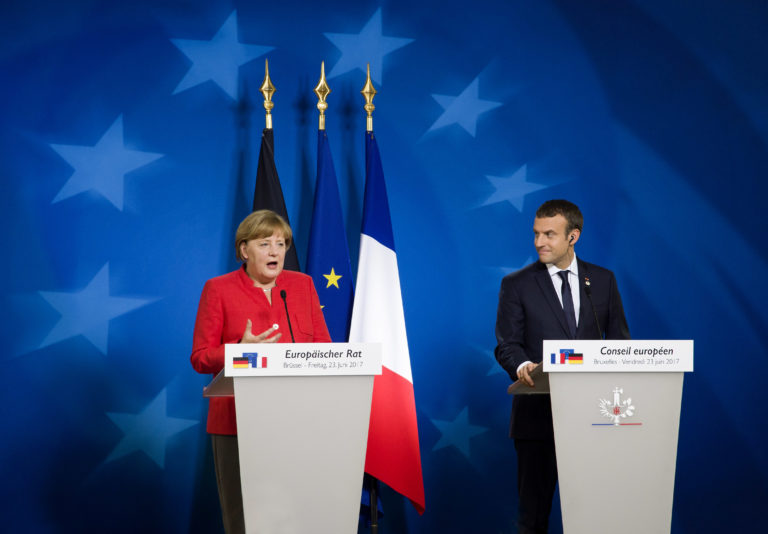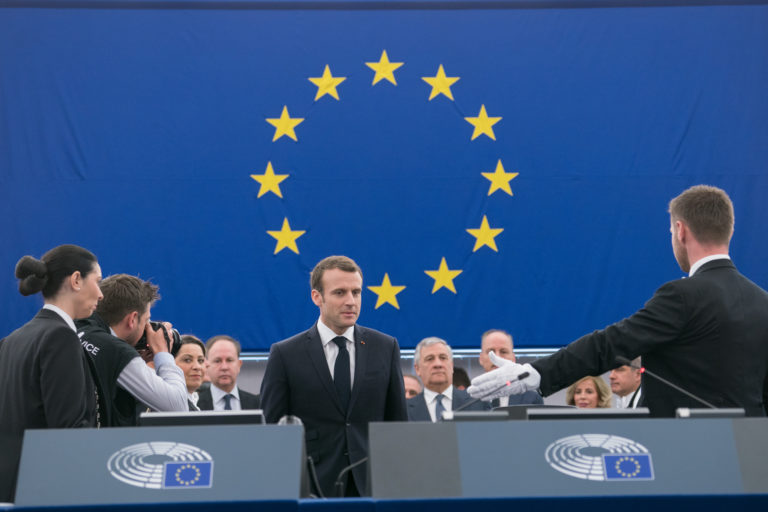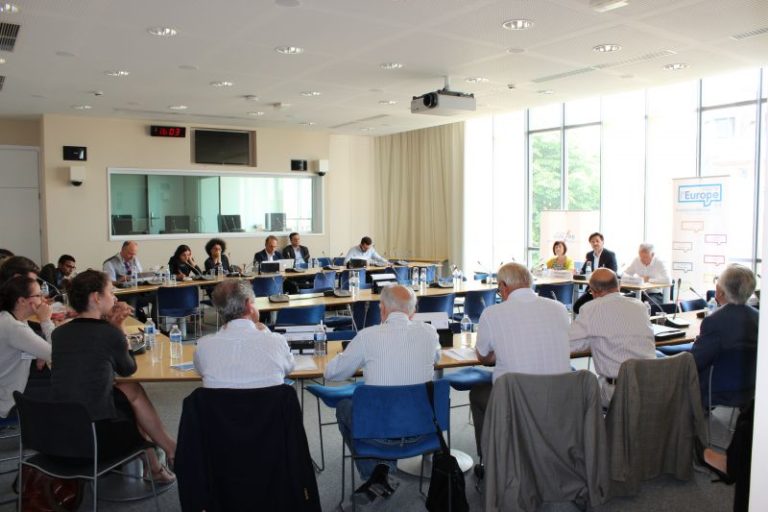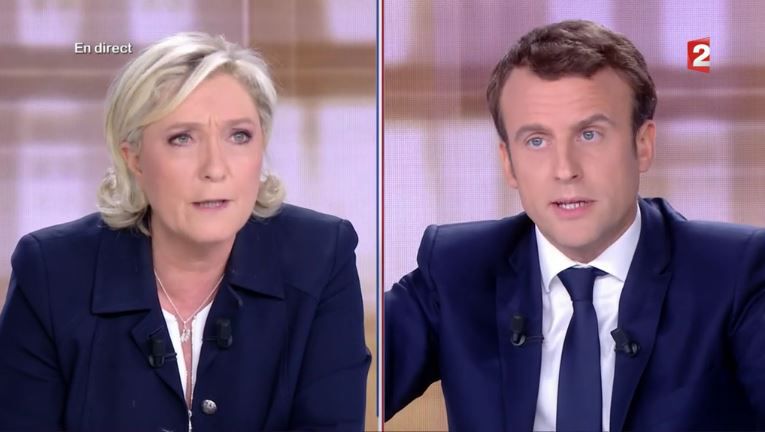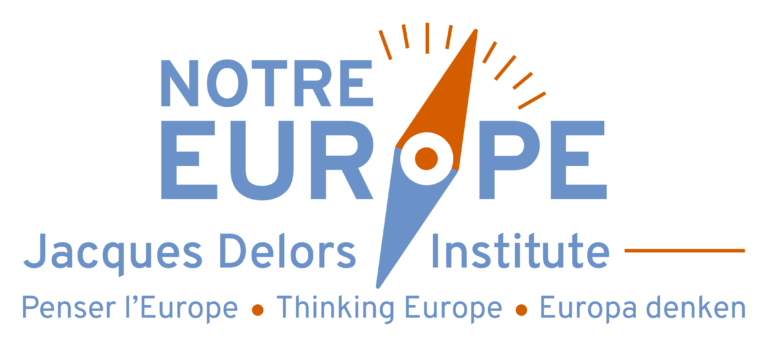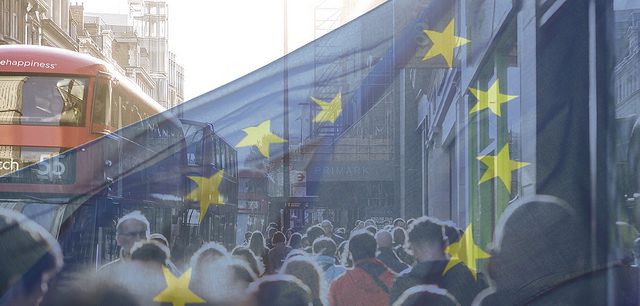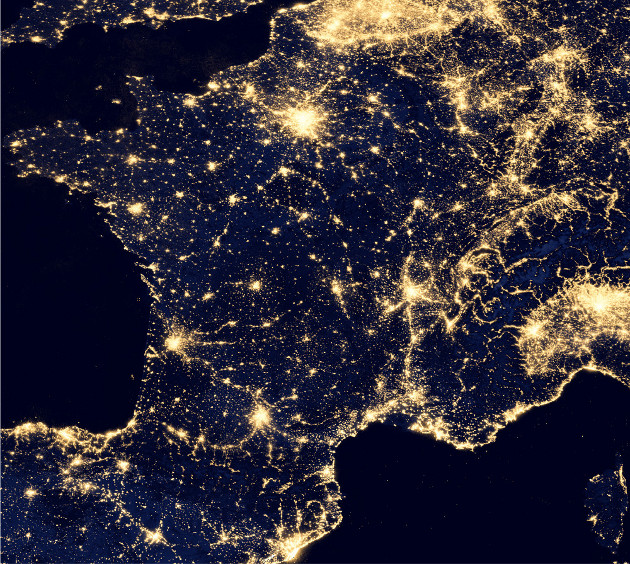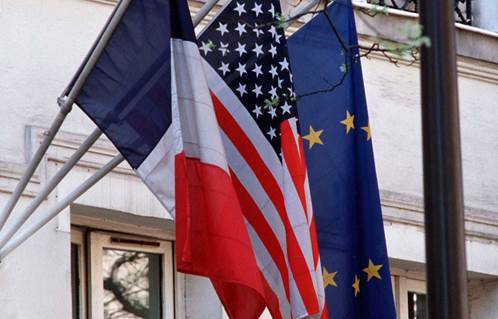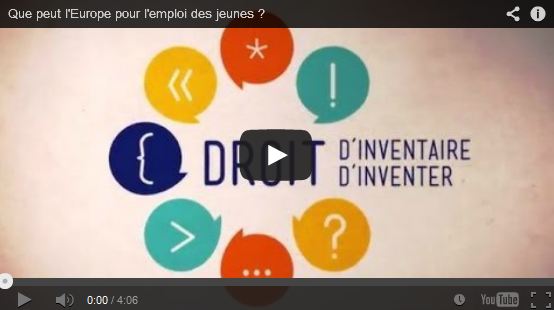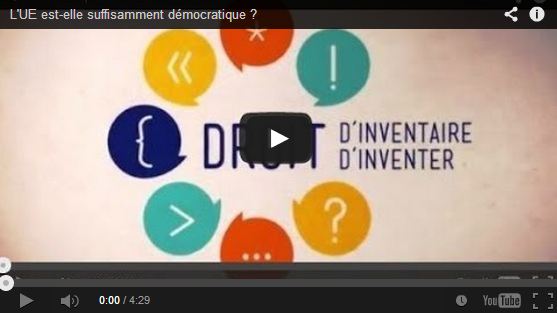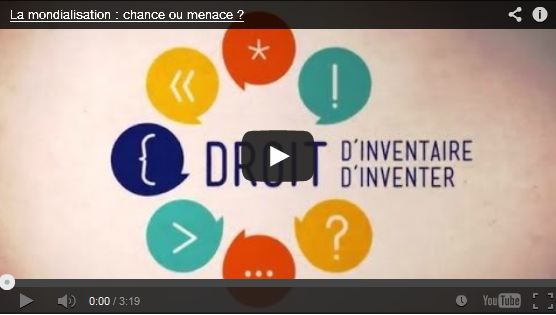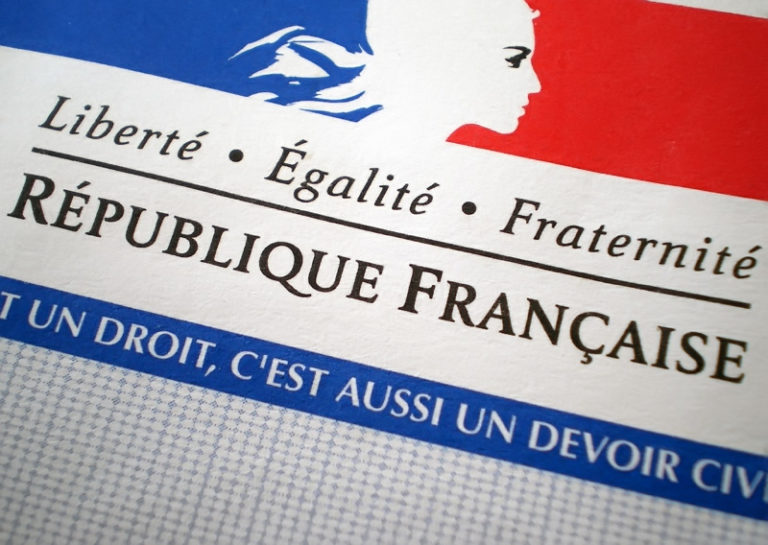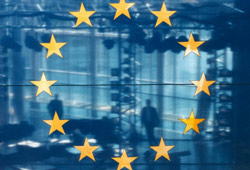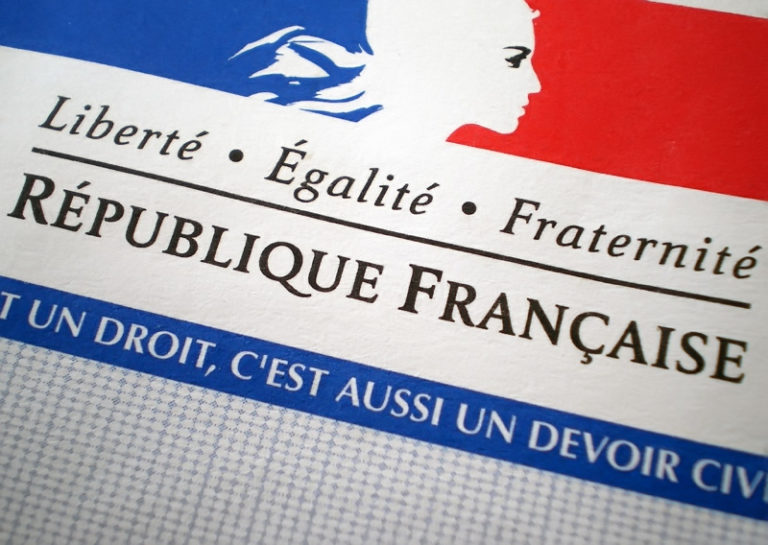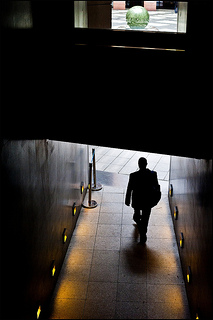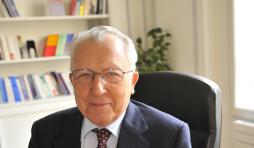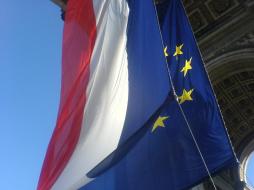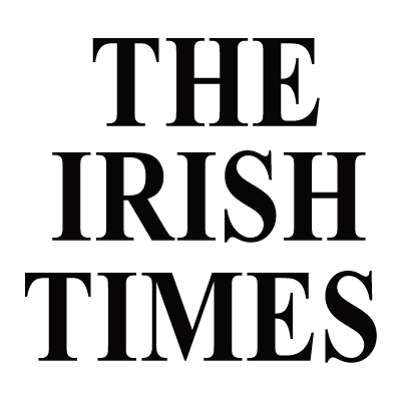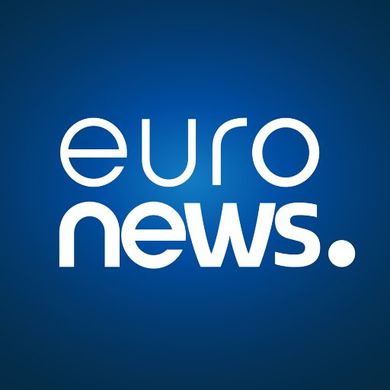Report
The Impact of the Television Media on the French Referendum Campaign in 2005
A paper intended to throw light onto the power of political information in French voters’ behaviour during the 2004 European Parliament elections and 2005 referendum
Executive Summary
Our paper is intended to throw light onto the power of political information in French voters’ behaviour during the 2004 European Parliament elections and 2005 referendum.
To begin with, I would like to give some precision about the conceptual and methodological equipment, which is required to make such a comparative analysis about the impact of the media in two different but consecutive campaigns about Europe.
I consider that “every opinion is a marriage of information and predisposition”. In this paper, I suggest that media news concerning election outcomes is not neutral because of different phenomena so called agenda setting, framing and priming, create accessibility bias in the news. By “accessibility bias” I mean that news place the emphasis on men, ideas, programs and other political objects and are discriminating them according to their degree of visibility for the general public. Accessibility biases are therefore the result of the way some objects are emphasized whilst others are left in the shadows thus directing public attention. For some scholars, the success of the news media to discriminate between objects is related to the credibility of the media source and not to the accessibility bias that they are generating (Miller, Krosnick, 2000). It is not the object of this paper to tell where the truth lies regarding the origin of this news media impact but to compare if it has the same intensity and gives the same “voting instructions” to the public. In one sense, it is impossible to give the same voting instructions for a European parliamentary election and a referendum which is asking a specific and brief question to the voters and which is not oriented towards the election of representatives. But what is concerned here is to know if it is possible to interpret the election results of the referendum in the light of the parliamentary election as affected by the intervention of the media in the campaign and by the voting process. At which point it makes sense to consider the reasons a media largely committed to a positive referendum outcome yielded a negative result.
To this end, we will rely on an earlier study carried out on the European parliamentary elections (Gerstlé et al, 2006) and the role of the media, on the analysis of the TV news coverage of the two campaigns in question, and on surveys that were conducted during the last referendum campaign. Why TV news? Because in several countries, respondents quote television as the most important source of information about European referendum campaigns. In the former study (Gerstlé et al., 2006), we concluded that it was not the tone of the news but the blend of visibility of the campaign, news framing and voters’ predispositions that were decisive. We will check if the same blend was at work in the referendum campaign of 2005 in France.
SUR LE MÊME THÈME
ON THE SAME THEME
PUBLICATIONS
A democracy under severe strain…

Germany — France
Differences and similarities

FRENCH-STYLE EUROSCEPTICISM

Teaching Europe in France

French public opinion and Europe
between distrust and ambivalence

Now or Never

The European ambition of President Macron and the reactions in Europe to his project

European Democracy: What Are the Next Challenges

French and Europeans: Stronger Together!

National Referendums on EU Issues: from Clarification to Frustration

Living Together Facing Fears: the French Political Dilemma

The EU and referenda: three denials of democracy

The new French Regions, from a European standpoint

The EU and referenda: structural incompatibility?

France: A hotbed of opposition to the TTIP?

The EU and referenda on independence: a leap in the dark?

European elections: What form of cohabitation between France and the EU?

What the French told us about the employement in the EU

What the French told us about the European democracy

What the French told us about euro

What the French told us about globalisation

Defence: The French ambition for Europe

Francia: triste dilemma

France votes: Europe intrudes

“Europe without barriers” and “Europe that protects”

Think Global – Act European I (TGAE I). The contribution of 13 European Think Tanks to the French, Czech and Swedish EU Trio Presidency.

What is the real room for manoeuvre of an EU Presidency ?

The French Presidency of the EU Council: a big boat in stormy weather”

The French Presidency of the EU Council

How to Explain the Unexpected: An Assessment of the French Constitutional Referendum

Europe in the French Presidential Elections: Side Show, Fall Guy or Just Conspicuous by its Absence?

Constitutional referendum in France: a mid-term assessment

Letter to our European friends who want to Vote not

Landscape after the battle

Reaction of Pepper D. Culpepper and Archon Fung to Andrew Moravcsik’s article on the collapse of the Constitutional treaty

Reaction of Paul Magnette to Andrew Moravcsik’s article on the collapse of the Constitutional treaty

Reaction of James Fishkin to Andrew Moravcsik’s article on the collapse of the Constitutional treaty

Can you imagine a referendum to European level and under what conditions?

Referenda in other countries: the case of Spain

The First Dutch Referendum: a pre-ballot assessment

Democratising European Democracy

The European Constitution and deliberation: the Example of deliberative focus groups ahead of the French Referendum of 29 May 2005

The French “no” vote of 29 May 2005: understand, act

Securing a “Yes”: from Nice I to Nice II

Ratification and Revision of the Consitutional Treaty

“The Constitution, a step forward for the European Union” intervention by Jacques Delors

Adress to the Symposium of “Témoin” Club

The European debate in France at the start of the French presidency

MÉDIAS
MEDIAS
Matignon : le ras-le-bol des patrons… et des Français !

France has a new prime minister, but the same political crisis

France’s political instability deepens opposition to Mercosur trade agreement










